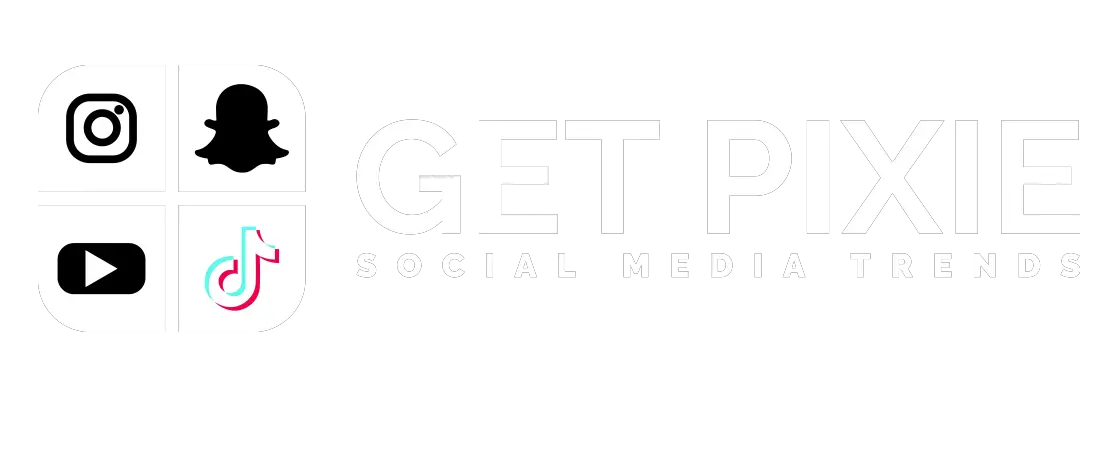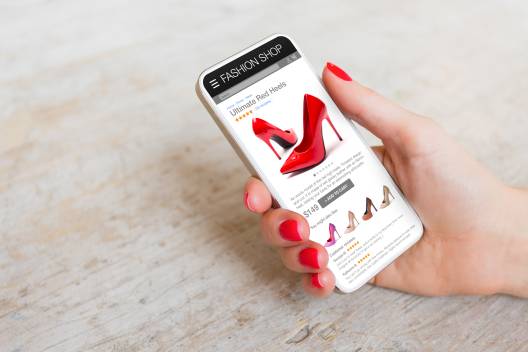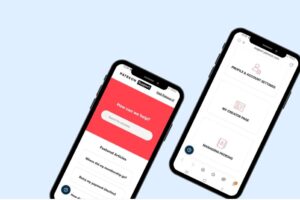Planning to build an m-commerce app? Then you might have heard many developers suggest using Flutter for m-commerce app design. The primary reason for choosing Flutter is that it is a cross platform app development framework. Hence you don’t need to design two different apps from scratch for Android and iOS. You will only need to write a single codebase that can be shared between both platforms, with some native-specific code that will be different.
Moreover, Flutter is a free, open-source software development kit developed by Google. Flutter’s flexible widget-based development makes it easier to create custom BSFI app solutions. Suppose you plan to use Flutter for your m-commerce app project. In that case, you should hire Flutter developers from a trusted IT company with proven experience in developing custom BSFI solutions using Flutter.
What are the advantages of using Flutter for M-Commerce?
There are many benefits Flutter offers that make it the most suitable framework to power your m-commerce mobile app. Here are some of the top advantages of using Flutter M-commerce –
1. Cross-Platform without the limitations
We all know Flutter is a cross platform app development framework; hence it gives a reduced cost and faster time-to-market benefit. However, most cross platform app frameworks are limited in their capabilities to provide a seamless and uniform customer experience across apps on different platforms.
They also fail to mimic the native app-like experience that users generally are more accustomed to. However, Flutter has a stronger codebase that allows developers to build native-like apps and overcome the limitations of most other cross platform frameworks, making it an ideal choice for your BSFI app development project.
2. It is highly performance oriented
Flutter is based on the Dart programming language. Dart is a highly performance-driven programming language that helps Flutter developers smoothen the app development process. It is an object-oriented programming language that allows apps made on Flutter to be declarative and reactive. This eliminates the need for a JavaScript bridge and significantly improves Flutter app performance.
3. Easy migration from other platforms
If you already have an m-commerce app based on some other technology, you can easily migrate your current app to the Flutter ecosystem. Hire dedicated developers with previous experience in seamlessly migrating native apps to the Flutter ecosystem and other cross-platform-based apps to Flutter. Moreover, once you shift your app to Flutter, you can expand it to various platforms and devices like iOS, Android, web, desktop and more.
4. Easier Error Handling
Generally, when an app encounters an error, the entire app stops working, making it difficult for the developers to identify the app’s error-causing component, resulting in delayed error resolving time.
However, with Flutter’s widget-based app structure, only the affected widget malfunctions without affecting the state of the overall application. And developers only need to read the error code to find the faulty part of the app, which enables them to resolve the issue promptly.
5. Impressive UI Functions
With Flutter, you can create an appealing design using various Flutter widgets. This can be achieved by using widgets inside widgets to create a wide range of functionalities. Flutter also has a Material Design library for mimicking native Android app design and Cupertino for iOS, which provides a native-like look and feel to your app.
Flutter also provides the developer with the flexibility of stacking widgets one on top of another or side by side to create a vertical, visual, or horizontal layout per your requirement.
6. Robust and Highly Secure
One of the biggest concerns when using cross platform technologies for ecommerce apps is the app’s capabilities and security level. However, Flutter is highly secure and comes with built-in testing capabilities, which help developers create highly robust and scalable m-commerce apps. Flutter’s security philosophy works on five key pillars – Identify, Detect, Protect, Respond and Recover.
7. Easy Firebase Configuration
Firebase is a backend-as-a-service platform that provides features like cloud storage, real-time database, machine learning, crash reporting, hosting and other such services for your mobile app. You can easily set up Flutter with Firebase to dispatch your m-commerce apps without having to work on backend development, which saves a lot of time and cost of m-commerce app development.
8. Faster Development with Hot Reloading
Flutter has this amazing feature known as Hot Reloading that helps developers track the impact of their code changes in the visual app in almost real-time. This reduces app development significantly as developers don’t need to reload the app after every change and see how it impacts the app.
9. Access to Device Features
Many developers shy away from cross platform frameworks due to their inability to access device sensors and features like native app frameworks can. However, with Flutter, you need not worry about any of that. If your m-commerce app requires location tracking, you can easily include it in your Flutter app.
However, to set such features up, you will need access to native app developers who can work on Java and Kotlin for Android and Objective-C and Swift for iOS.
10. Powerful Design and Animations
Flutter has many innovative UI elements, such as various themes that come with many ranges of styles, colours and forms available. Many Flutter animation packages can be easily used via API calls. Hence your shopping app will look better than most of your competitor’s apps if you hire the right Flutter development team.
11. Best Framework for Developing MVP Shopping App
Suppose you have multiple m-commerce app ideas but are low on budget. In that case, you can use the Flutter framework to develop various minimum viable products to test them with a group of developers/users and gain important feedback. Alternatively, you can also develop an MVP e-commerce app with Flutter for initial showcasing to potential investors.
Final Words
If you want to build cost-effective, scalable, secure, robust and visually appealing m-commerce apps, you can opt for the Flutter cross platform app development software development kit. Flutter is changing the perception of users and developers toward cross platform frameworks. It is closing the gap between native and cross platform approaches with its impressive features and easy learning curve. Build your Flutter m-commerce app by hiring a dedicated Flutter app development company for your Flutter app project.






![YouTube SEO in 2024 [Definitive Guide]](https://getpixie.com/wp-content/uploads/2024/02/shutterstock_1684828252-1-150x150.jpg)








